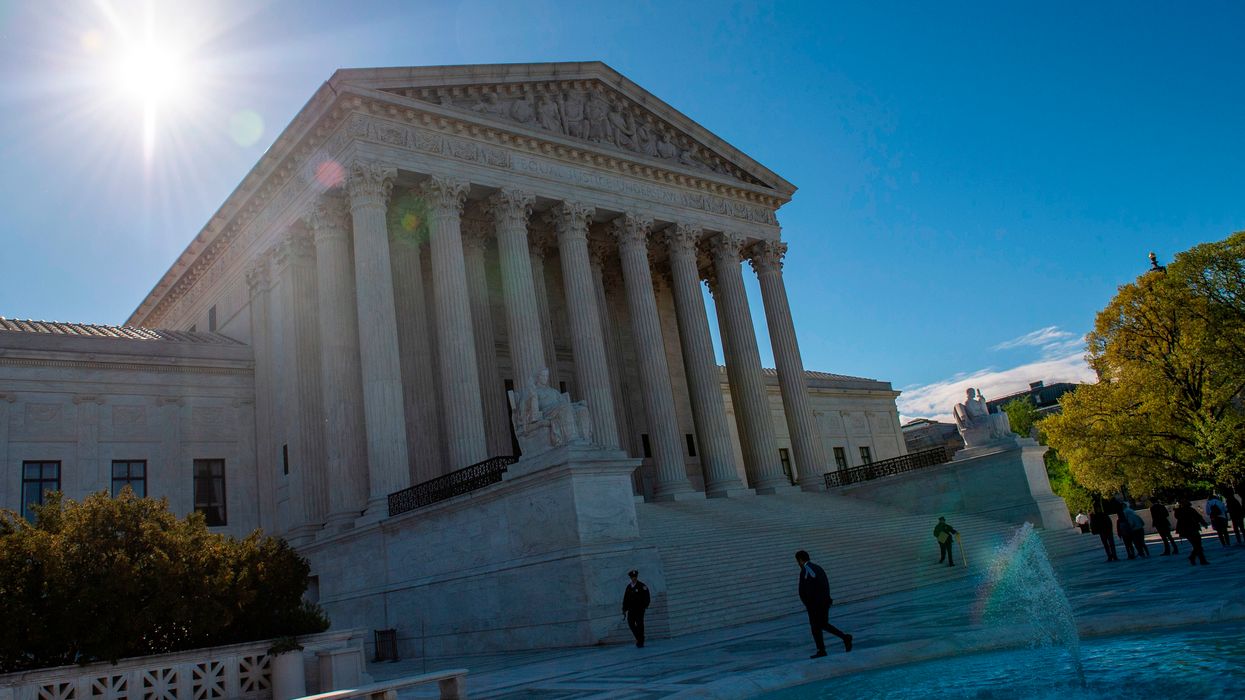
ERIC BARADAT/AFP/Getty Images

This case is scheduled to be heard when the high court reconvenes for its next term in October.
The Supreme Court has agreed to rule on whether or not the Civil Rights Act needs further clarification to include LGBT people specifically as a protected class.
Title VII of the 1964 Civil Rights Act "prohibits employment discrimination based on race, color, religion, sex and national origin." The question before the Supreme Court now is whether or not this protection for employers against sex-based discrimination already extends to sexual orientation, making it a protected class.
One of the plaintiffs in the cases being brought before the court involves a New York skydiving instructor named Donald Zarda. According to the lawsuit, Zarda told a female skydiving client that he was gay to ease her mind about being strapped to him while skydiving. He claimed he was fired in 2010 for divulging this information after the woman's boyfriend complained to his employer.
Zarda would later die in a BASE-jumping accident in 2014, four years before the 2nd Circuit Court of Appeals ruled that he had been wrongfully terminated under Title VII.
Along with Zarda's case, the court will hear the case of a Georgia child welfare services coordinator and a transgender funeral home worker from Michigan, who both attest that they were fired because of their sexual orientation or gender identity. Lower courts have disagreed about whether or not Title VII protections apply in these cases, with the 6th Circuit Court ruling they do, and the 11th Circuit Court ruling that they do not. The Trump administration has also argued that Title VII only applies to discrimination based on birth gender and not orientation or transgender identity.
In addition to answering more general questions about discrimination, this ruling could also determine whether or not religious organizations or business owners have a right to refuse to employ or do business with gay or transgender people on the basis of their personal convictions.
The Supreme Court had refused to hear a similar case in 2017.
These cases are scheduled to be heard when the Supreme Court reconvenes for its next term in October.